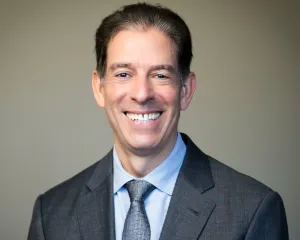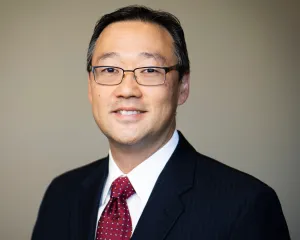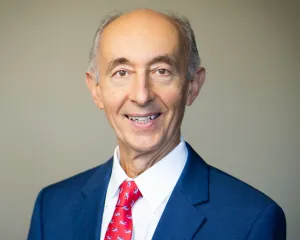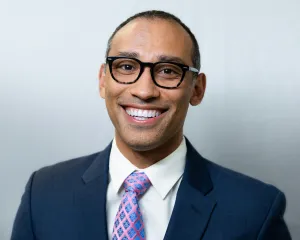
Parotidectomy Surgery

Parotidectomy Surgery
While benign and malignant tumors can develop anywhere in the salivary glands, the majority of tumors originate in the largest salivary gland, known as the parotid gland. If malignancy is discovered, a parotidectomy operation, or complete removal of the salivary gland, is required. If you notice a lump in the mouth or side of the face, please schedule an appointment with one of our expert physicians at ENT of Georgia South to learn more about what is a parotidectomy and available options for parotid gland tumor removal.
Post-Operative
Instructions for Parotid Surgery
How You Will Feel
You will likely feel drowsy and tired following the parotidectomy operation due to the medications administered to keep you comfortable. Many patients experience alternating periods of wakefulness and sleep during the evening following the removal of the salivary gland. By the day after surgery, you may still feel a bit fatigued but can expect to gradually regain energy. Moving around gently can help you feel better faster without impacting the success of the parotidectomy.
If You Have Nausea
Although anti-nausea medications are administered before, during, and after your parotidectomy operation, it's still common to experience some nausea following the removal of the salivary gland. It's best to relax, reduce activity, and avoid heavy foods, opting instead for clear liquids. Most nausea should resolve within 8-10 hours after your parotidectomy.
Discomfort
You may feel some discomfort around your incision and neck following the parotidectomy operation. This is typically due to muscle soreness from the removal of the salivary gland. Pain medication is provided to help manage this, with instructions to take it as directed, including the evening and morning after surgery. If discomfort continues after two days, switching to extra-strength Tylenol may be sufficient for ongoing relief.
Swelling
Swelling and slight discoloration are common around the neck following parotid gland tumor removal surgery. Swelling may increase overnight. To reduce swelling after the parotidectomy, gently apply an ice pack to the area during the first 48 hours and elevate your head on two pillows when sleeping. Most swelling should subside within 4 to 5 days.
Antibiotics and Infections
Antibiotics are given before and after your parotidectomy operation to prevent infection. Though infections post-removal of the salivary gland are rare, you should call if you notice redness, swelling, tenderness, or a fever over 101°F.
Activity
Light activity may be resumed as you recover from the parotidectomy operation, but avoid heavy lifting or strenuous activities for at least a week to reduce the risk of complications in the area of parotid gland tumor removal. Many patients feel ready to return to work within a few days.
Dressings
Your incision will be closed with stitches or Dermabond tissue glue after the parotidectomy. If tape dressings fall off, it's safe to trim them. Stitches, if present, are removed about a week later; Dermabond dressings do not require removal.
Personal Hygiene
After your parotidectomy operation, you may shower or bathe as usual, gently cleaning around the incision. Keep the parotidectomy site clean and dry, using soap and water carefully around the area.
Numbness
Temporary numbness around the incision, cheek, and ear is common after parotid gland tumor removal. Sensation near the cheek typically returns in weeks to months, though the earlobe area may have longer-lasting numbness.
Facial Weakness
While parotidectomy operation surgeons use nerve monitors to prevent facial weakness, some mild, temporary weakness near the mouth may occur. This usually resolves within a few weeks. In rare cases of eye muscle weakness, specific care may be required to protect the eye.
Other Problems
Potential issues to monitor post-parotid gland tumor removal include Frey's Syndrome (cheek sweating while eating), hematomas, seromas, or keloids. ENT of Georgia South specialists are available to address these if they arise.
Parotidectomy Surgery Overview
Parotidectomy, a surgery to address tumors in the parotid gland, removes either part or all of the affected gland to reduce risk and relieve symptoms. This essential procedure prevents potential complications and supports long-term health. The team at ENT of Georgia South prioritizes facial nerve preservation to ensure minimal impact on expression.
Additional Preparation and Aftercare Guidance
Preparation includes imaging and potential biopsy to understand the tumor's nature. Post-surgery, ENT of Georgia South's instructions include activity limitations, with light movement encouraged for optimal recovery. Common symptoms such as swelling, numbness, and minor discomfort are managed with careful monitoring. Patients should also be aware of rare, manageable conditions like Frey's syndrome.
For comprehensive parotidectomy care, ENT of Georgia South is ready to support your needs with expert insights on each step of the journey.
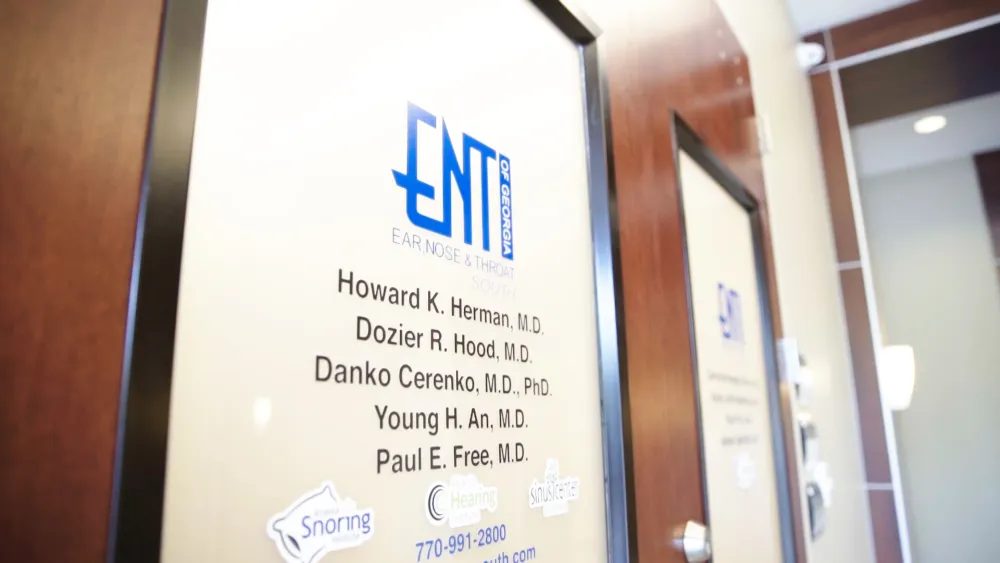
Follow-Up
Call the office to check your follow-up time.
We will want to see you within a day or two to remove drains and monitor your progress.
Questions or Difficulties
If you have any questions or problems during office hours, please call (770) 991-2800
Our Convenient
Office Locations
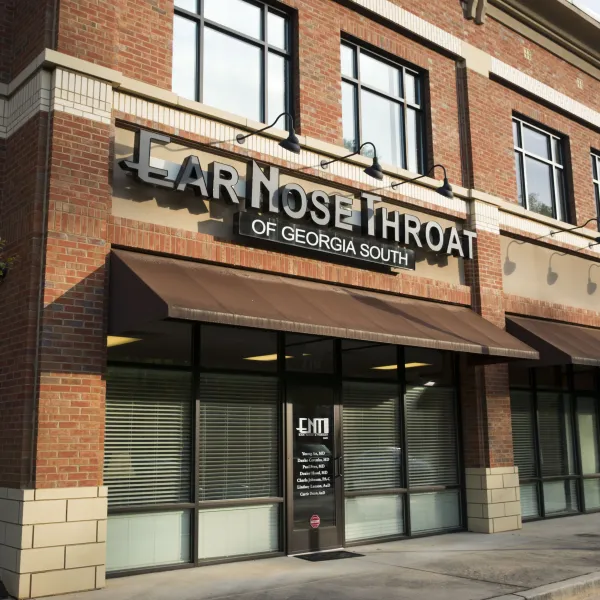
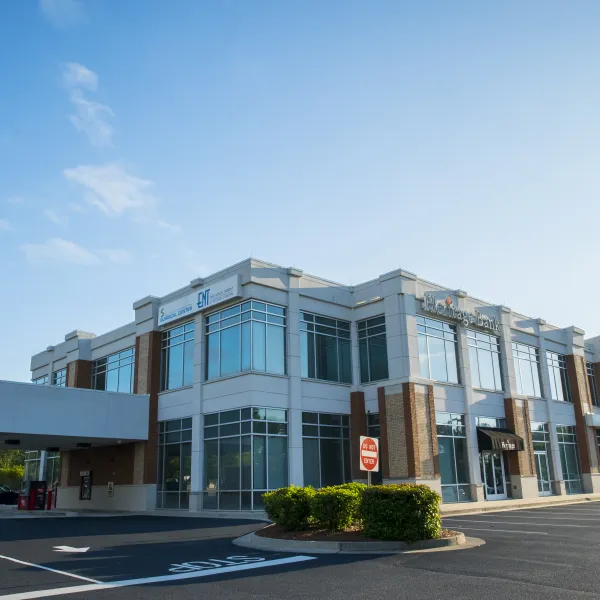
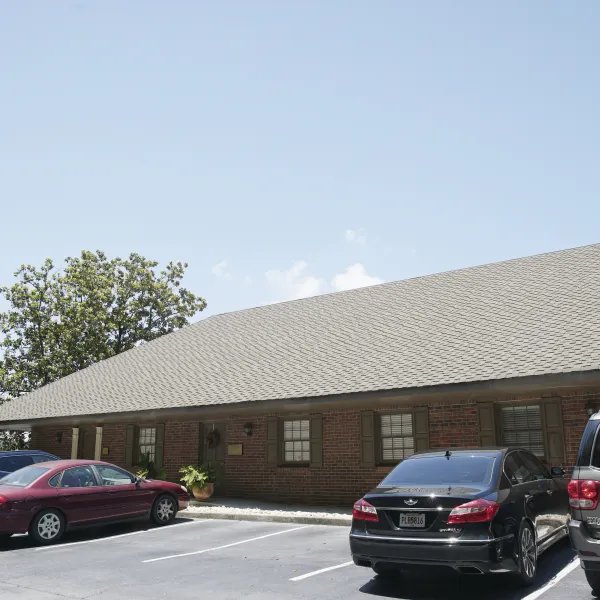
Buckhead
1218 W Paces Ferry Rd NW
UNIT 208
Atlanta, GA 30327
Monday - Thursday 8am - 4:30pm
Friday - 8am-2:30pm

